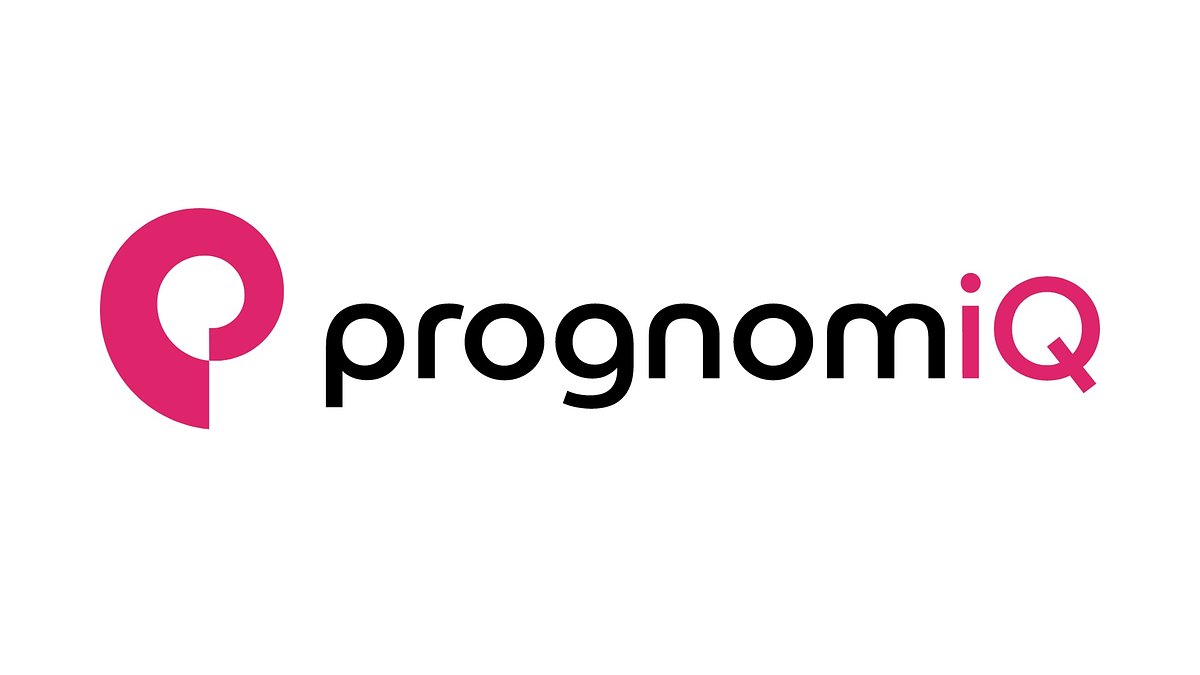
Blood Test Offers New Hope for Earlier Lung Cancer Detection
A new blood-based test from PrognomiQ aims to improve lung cancer screening rates and outcomes by offering a less invasive and more accessible alternative to traditional methods.
Blood Test Offers New Hope for Earlier Lung Cancer Detection
NEW YORK, NY – November 18, 2025
A Shift in Lung Cancer Screening
A new blood-based test, ProVue Lung, launched today by healthcare company PrognomiQ, promises to revolutionize lung cancer screening. Targeting high-risk individuals, the test offers a less invasive and potentially more scalable approach to early detection, a critical step in improving outcomes for a disease often diagnosed at late stages. While low-dose computed tomography (LDCT) remains the guideline-recommended screening method, low participation rates and logistical hurdles have limited its effectiveness. ProVue Lung hopes to bridge that gap with a simple blood draw.
“There’s a real need for more accessible and convenient screening options,” stated a source familiar with the development. “Many people who meet the criteria for LDCT screening don’t actually get screened, either due to cost, inconvenience, or fear of radiation exposure. This test has the potential to reach a wider population and improve early detection rates.”
The Science Behind ProVue Lung
The test leverages PrognomiQ’s proprietary multi-omics platform, which combines data from various biological sources – genomics, proteomics, and more – to identify unique molecular signatures of early-stage lung cancer. Unlike traditional biomarker tests that focus on a single protein or molecule, PrognomiQ's approach aims to capture the complex interplay of factors driving cancer development.
“They're looking at the whole picture, not just a single piece of the puzzle,” explained one industry analyst. “That's the key innovation here. By integrating data from multiple ‘omics’ layers, they can identify subtle changes that might be missed by conventional methods.”
The platform analyzes proteins and other biomarkers in the blood, seeking patterns indicative of early-stage cancer. Initial data suggests an 81% sensitivity for Stage I lung cancer, coupled with a greater than 98.8% negative predictive value (NPV). While these figures are promising, experts caution that further validation in larger, real-world settings is crucial.
Early Adoption and Partnerships
The launch of ProVue Lung is being rolled out through Early Experience Programs with Allegheny Health Network (AHN) and Lung Innovations Network at Penn Highlands Healthcare, both in Pennsylvania. These programs will allow clinicians to integrate the test into their existing screening workflows and evaluate its performance in a clinical setting.
“The goal is to understand how best to incorporate this test into routine care,” said a spokesperson for AHN. “We’re looking at factors like cost-effectiveness, patient acceptance, and impact on clinical decision-making.”
This phased approach aligns with the company's strategy of gathering real-world evidence to support broader adoption. The partnerships also reflect a growing interest in blood-based biomarkers as a complement to, or even an alternative to, traditional screening methods. Several other companies, including Guardant Health and Exact Sciences, are also developing similar tests.
“There’s a lot of excitement in this space,” said another source. “The potential to improve lung cancer screening rates and outcomes is huge, and investors are taking notice.” PrognomiQ has secured over $135 million in funding from a range of investors, including Seer, T. Rowe Price, and Bruker. The company was originally spun out of Seer, leveraging their proteomic technology for deeper biological insight.
Navigating the Competitive Landscape
The lung cancer diagnostics market is evolving rapidly, with an increasing number of companies vying for a piece of the pie. While LDCT remains the standard of care, the emergence of blood-based tests presents both opportunities and challenges. The key differentiator for these tests lies in their ability to overcome barriers to screening and improve patient compliance.
“The biggest challenge is convincing people to get screened in the first place,” stated an oncologist. “A simple blood test is much more appealing than a CT scan for many patients.” However, the cost of these tests and the need for further validation remain significant hurdles. Reimbursement from insurance providers will also be crucial for widespread adoption. Furthermore, the clinical impact of a positive result from a blood-based test will require careful consideration. Follow-up imaging and diagnostic procedures will be necessary to confirm the diagnosis and guide treatment decisions.
The future of lung cancer screening is likely to involve a combination of different approaches, tailored to individual risk factors and preferences. ProVue Lung, with its promise of convenience and scalability, could play a significant role in this evolving landscape.
